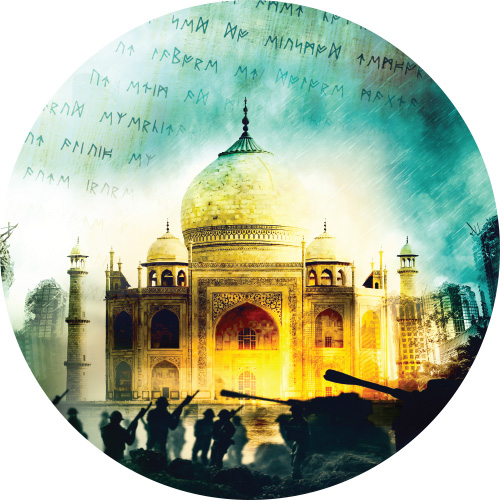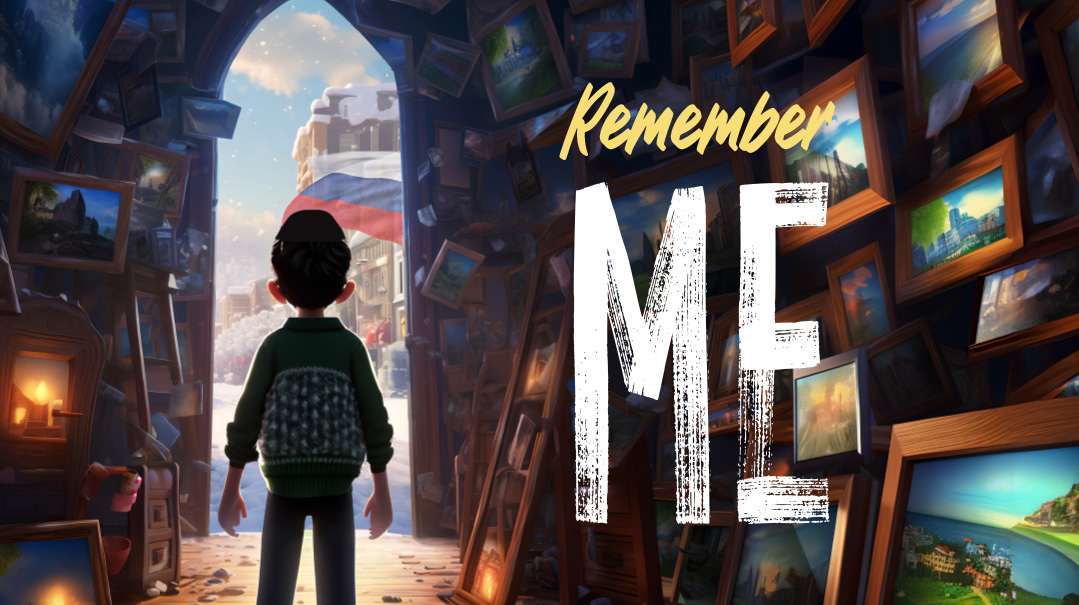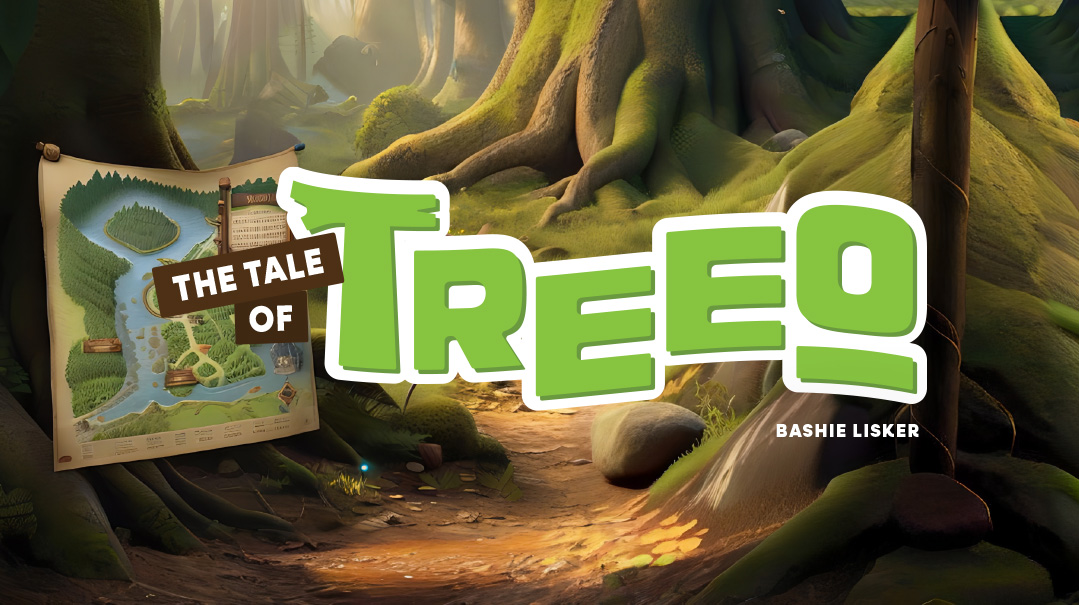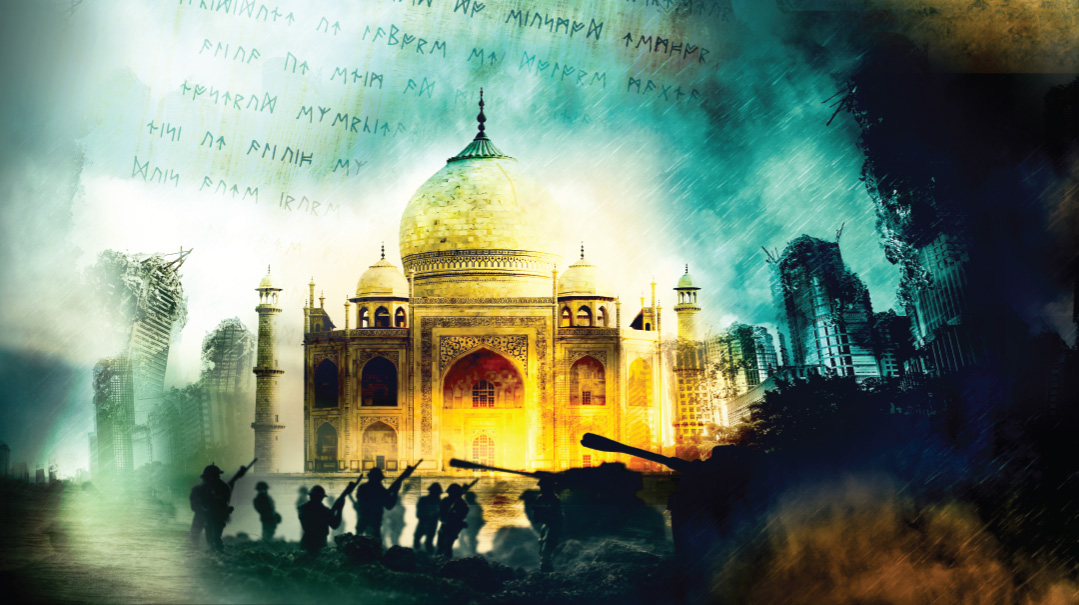Homeground: Chapter 39
| October 17, 2023My grandparents… they’re suffering. Of course they are, a logical voice inside me says. She’s their daughter, isn’t she?

Breakfast is a depressing event.
Last night, there were so many people around, but this morning it’s just us: Bubby and Zeidy and Yaakov and me. Bowls of cornflakes and cups of coffee and tea that no one’s interested in.
Bubby is… well, I’ve never seen her so distressed. She keeps offering everyone things over and over, standing up, sitting down, whispering Tehillim. She’s made everyone hot drinks but hasn’t touched her own. Zeidy, I notice, has touched his glass perfunctorily to his lips but doesn’t seem to be drinking either.
I suddenly feel like I want all the aunts and uncles to come back, sit around the table with us. It hadn’t been fun, all the people and no one really knowing what to do or say, but at least I felt like everyone was involved. Like the world had stopped to try to get my parents and siblings back safely. Now what? Has everyone forgotten about us? About them, my family stuck in India? What do we do? What can I do? I’m just a girl, I don’t have contacts or have authority anywhere….
“We need to daven,” Bubby says, and it’s as if she’s reading my thoughts. Her voice is shaky and my heart twinges. This is badly affecting her. All of us.
And she’s right, of course we need to daven, but also, I’m tired. I barely slept last night. I want to say the whole Tehillim over and over and I also want to crawl into bed and sleep for a year. Most of all, I just want to hear that this whole nightmare is over.
How long can we wait in limbo like this?
Zeidy keeps checking his phone for calls. At some point Uncle Yossi texts an update: No change but will keep you posted. Oh. So someone’s still on the case. That’s good, I guess.
Zeidy’s voice cracks a little as he reads the message. I look closer and see he looks awful, like he’s aged overnight, deep lines etched in his skin and tufts of white in his beard.
My heart pinches again.
My grandparents… they’re suffering.
Of course they are, a logical voice inside me says. She’s their daughter, isn’t she?
Ima is their daughter… and Aunt Chana’s sister, Uncle Yossi’s sister… of course I’d known that but now, somehow, it feels deeper, stronger. It’s their sister missing; they must feel like I feel about Mali and Ita Naomi and little Ayelet. Well, not exactly, it’s not the same, but also… in a way, it is. They’re her family, too.
For the very first time, I realize how they view Ima. As their daughter. As their sister. How her story must impact them. How her journey, her life story, her move to America, then to India, must have impacted them.
I think of how Bubby and Zeidy had been kind of overprotective when I first arrived. How even now, they’re kind of hovering over me, trying to make things okay… get things right.
Could it be because of their pain over how things turned out with Ima? Over her having to leave home so young?
The thought of Ima’s story, Ima’s diary, makes me think of Ima. Abba. My siblings, my baby sister…. I’m crying again, salty tears in soggy cornflakes, choking on sobs as I try to control them.
“Oy, Ashira, it’s okay, it’s going to be okay,” Bubby says, wrapping her arms around me. She cares, I think, she cares and she worries because she’s Ima’s mother, and my grandmother, and the past and present and so much more connects us.
I don’t pull away, but when she lets go, I mumble, “Be right back,” and flee the room.
I want people and I want privacy and I want to scream and shout and I want to descend into the deepest oblivion and pretend nothing terrible is happening.
Actually, I have absolutely no idea what I want anymore, other than, of course, seeing my family safe and well again.
My room is a cage. Everywhere I look there’s something that reminds me of my parents, my family. When I close my eyes, nightmarish visions appear in my mind.
I can’t sit here all day, but I can’t sit downstairs at the kitchen table for one more minute either.
I’m going to school, I decide.
My grandparents are surprised to see me in school uniform, knapsack over one shoulder.
“Ashira, are you sure you’re up for going today?” Bubby asks.
I shrug. “I think so. I mean, what can I do here?” My voice is thin and high-pitched, as if I’m about to cry. I am, but I control myself. I need to get out of here before I go crazy.
Yaakov stands up. “If you go, I’ll go to yeshivah as well. And I’ll walk you on the way.”
I’m inordinately grateful.
We walk quietly. I don’t want to talk about the situation in India because it will make me cry, but there’s nothing else I want to talk about either. Will school be a welcome distraction, or is this a terrible idea?
When we get to the school’s gates, I stop. “Yaakov… if you hear anything—”
“We’ll let you know,” he promises instantly. “Don’t worry, Ashira. I’ll make sure you hear any news, whatever it is, as soon as I do. And I’ll come back to Bubby’s in the evening.”
I give him a small smile.
Then I ring the bell on the school gates, wait for the security guard to buzz me inside, and enter an alternate universe. A normal one, with teachers and students and secretaries and papers and bells ringing and the biggest problem being a jammed photocopy machine or a detention.
It’s a relief to be around people who don’t know. Who expect me to be my normal self, a regular girl who doesn’t have her whole family missing in the middle of a civil war halfway across the world.
I don’t have a late note for the office, and Miss Glick, the secretary, isn’t happy. But it’s my first time coming late all year, so she lets me through eventually.
“Next time, please make sure to have a note signed by a parent,” she says, unsmiling, as she motions me toward the classrooms.
Signed by a parent.
Her words stab me in the chest. It’s all I can do not to snap back at her.
I don’t know where my parents are. They’re missing in India, in the middle of a civil war.
But I don’t say that. Of course not. I just walk away.
My nerves are shot, though. I stop by the bathroom, look in the mirror, try to collect myself, convince myself that no one will notice the red edging around my eyes.
It’s the middle of second period, Tefillah, and Mrs. Abramson is passionately talking about the power of tefillah in a time of tzarah.
“We say v’Hu go’ali, and He is my redeemer,” Mrs. Abramson says, pointing up in the air with a whiteboard marker. “A redeemer is the word we use for someone’s closest relative. So we’re saying that Hashem is like our go’el, our closest relative, Who will save us in a time of pain and trouble.”
Our closest relative.
A time of pain, of trouble.
Save us…
And suddenly, I — the cool, calm, collected, super coper who moved across the world and has awesome kiruv stories and doesn’t need anyone — suddenly, I’m crying, crying uncontrollably, right in the middle of class.
To be continued…
(Originally featured in Mishpacha Jr., Issue 982)
Oops! We could not locate your form.




